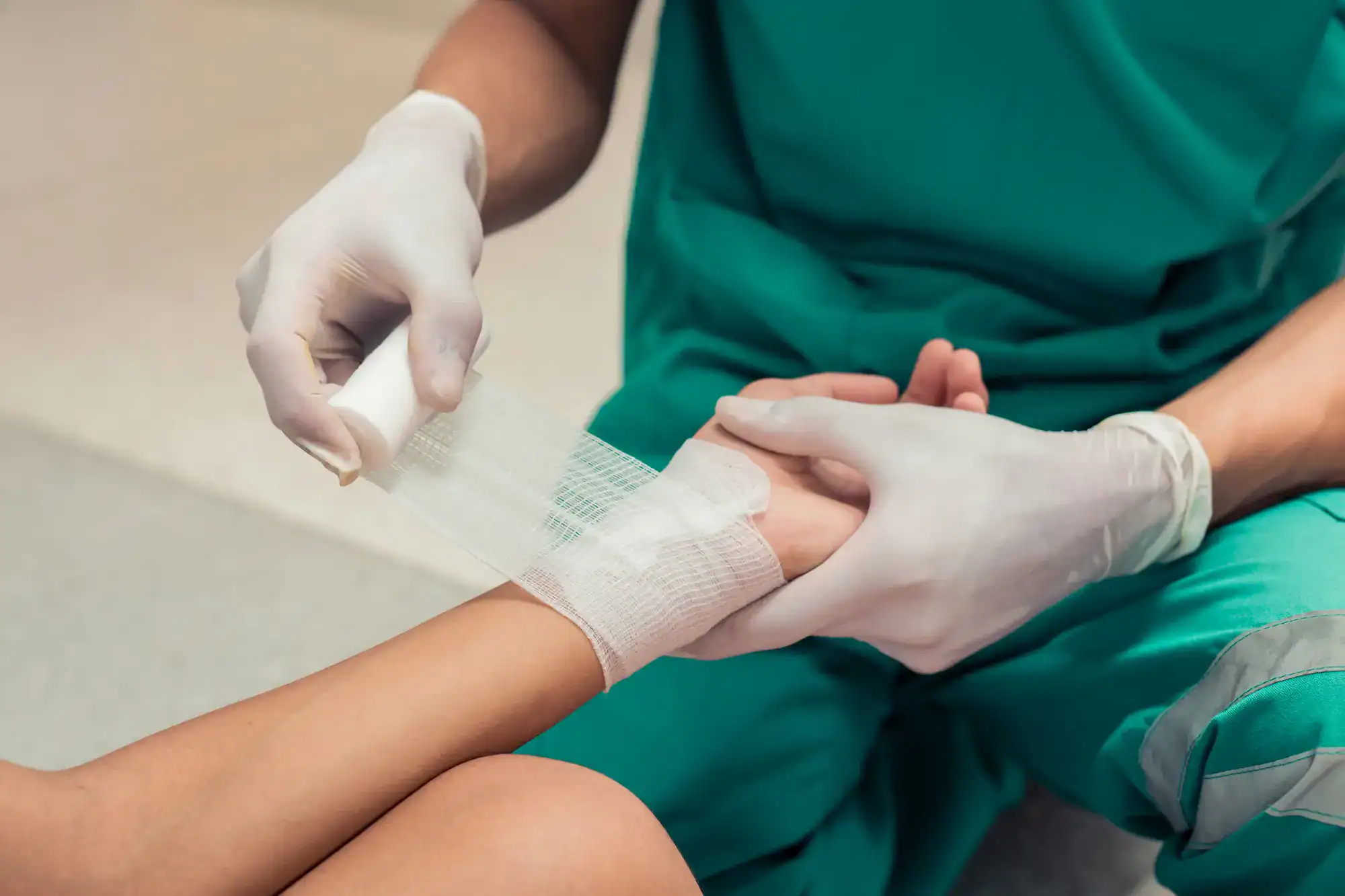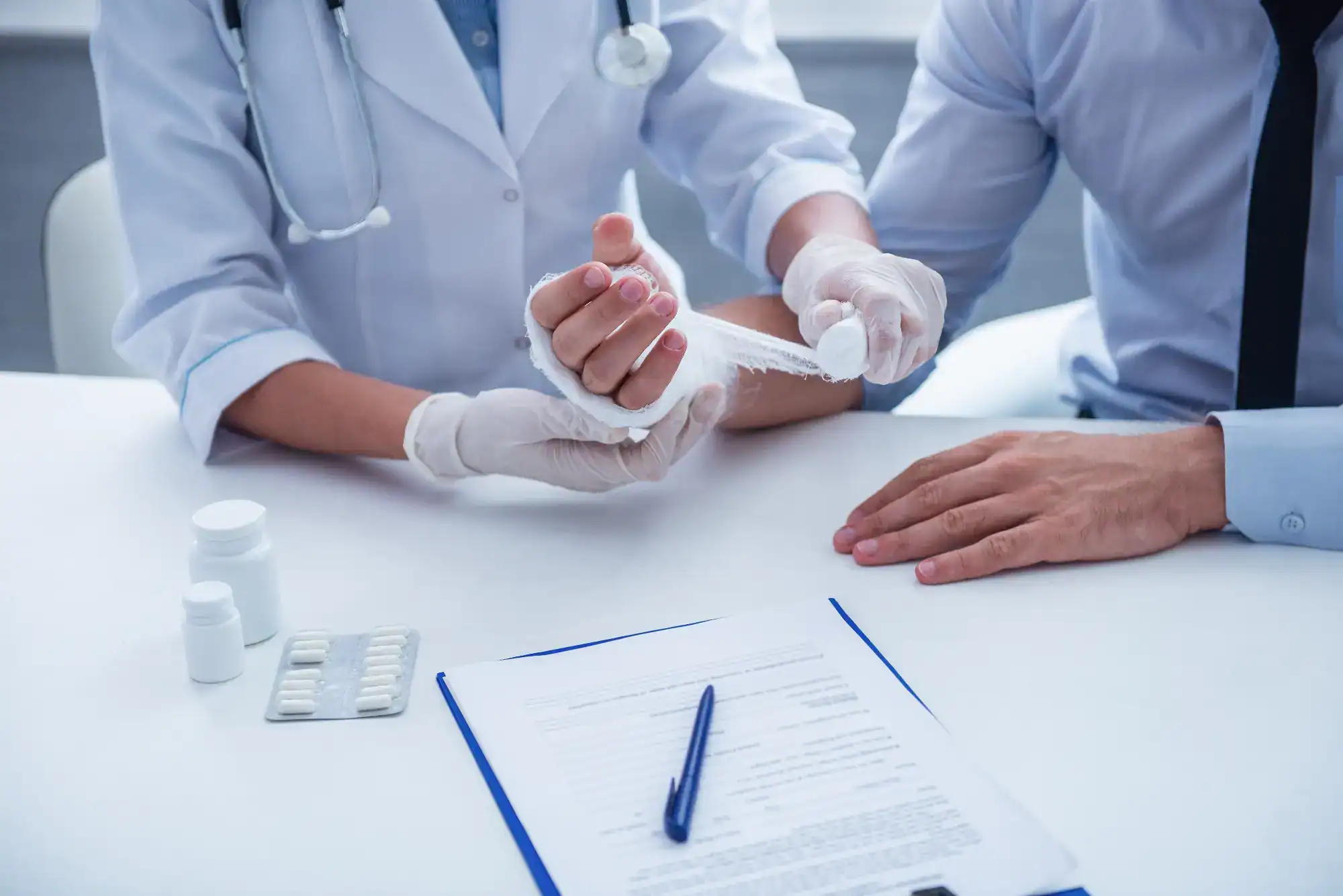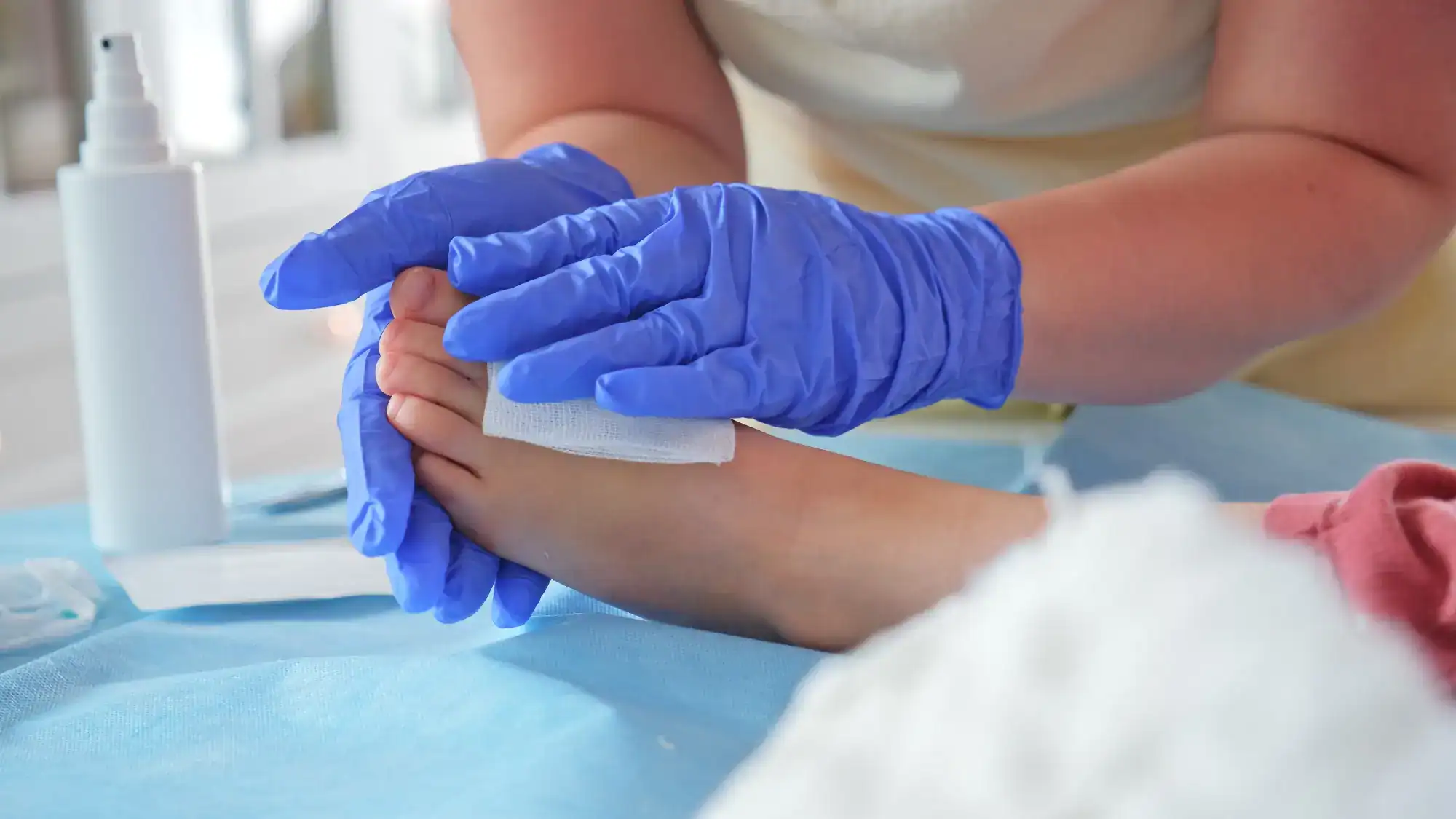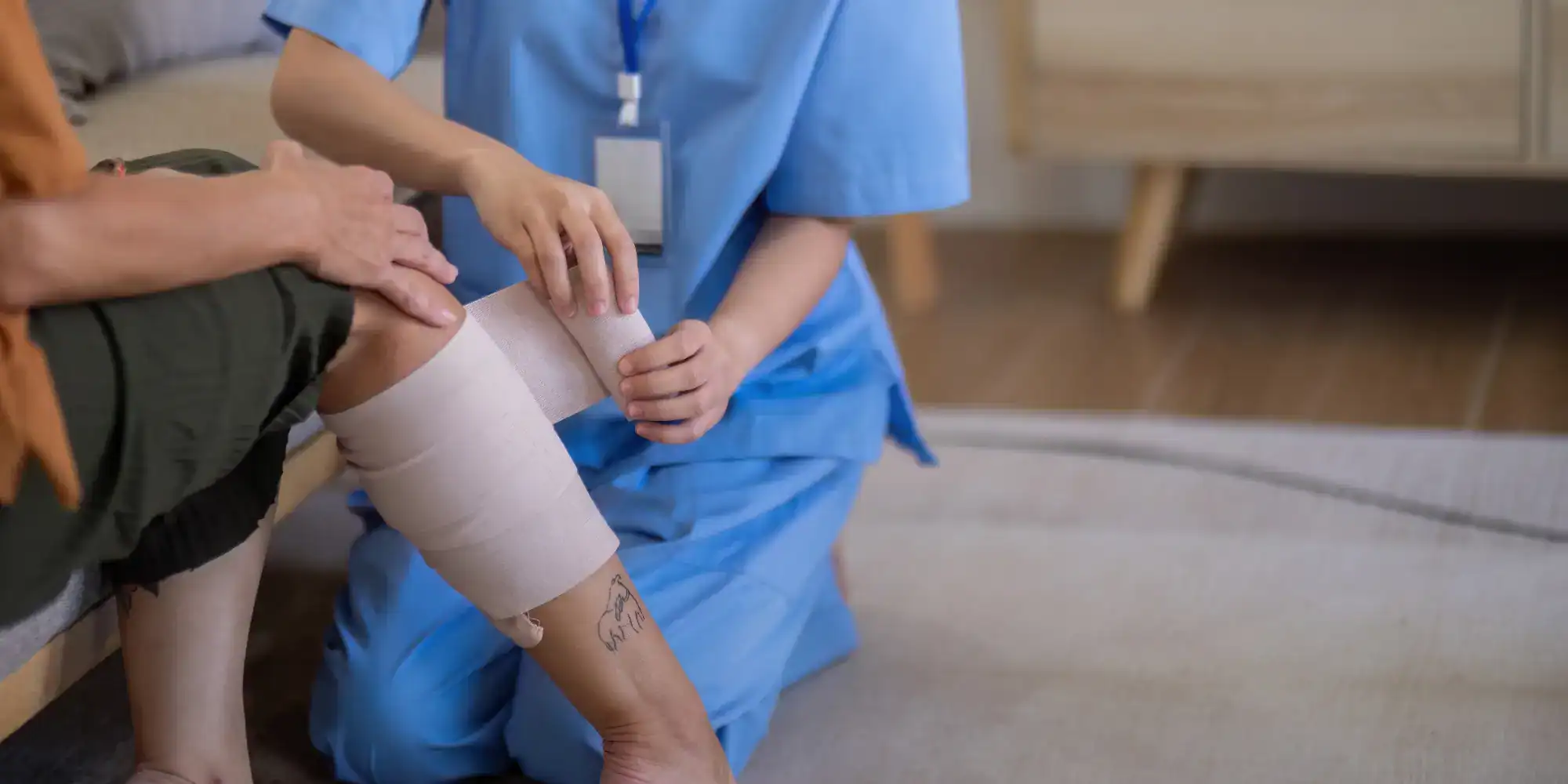Advanced wound treatment that gets you back to living without constant worry about infection or complications.

See What Our Customers Think

You stop waking up worried about whether today’s the day your wound gets infected. The constant pain that’s been wearing you down starts to fade as healing actually begins.
Your daily routine isn’t built around wound care anymore. You’re not spending hours researching what you should be doing differently or wondering if you need to drive to Tallahassee for real help.
The fear of amputation or serious complications stops controlling your thoughts. You have a clear treatment plan, you understand what’s happening, and you can see measurable progress week by week.
We bring specialized wound care directly to Ochlockonee, FL. You don’t need to travel hours for expert treatment anymore.
We’ve built our practice around the reality that chronic wounds need more than basic first aid. Our team understands the difference between wounds that heal on their own and wounds that need medical intervention.
We’ve been serving patients in rural Florida communities who need access to advanced wound care without the burden of long-distance travel to major medical centers.

Your first visit starts with a complete wound assessment. We examine the wound, review your medical history, and identify what’s been preventing proper healing. No guessing about what type of treatment you need.
We create a specific treatment plan based on your wound type, location, and underlying health conditions. Diabetic wounds get different care than surgical wounds or pressure ulcers. We explain exactly what we’re doing and why.
Follow-up visits track your healing progress and adjust treatment as needed. You’ll see measurable changes in wound size, depth, and appearance. We also teach you proper home care techniques so you’re not wondering if you’re doing something wrong between visits.

Ready to get started?
You get specialized wound cleaning and debridement to remove dead tissue that prevents healing. We use advanced dressings and treatments that create the right environment for your specific wound type.
Diabetic patients receive focused care for foot ulcers and other diabetes-related wounds. We understand how blood sugar levels affect healing and work with your existing diabetes management plan.
Your treatment includes ongoing monitoring, progress documentation, and adjustment of care protocols. We also provide education about nutrition, activity levels, and home care practices that support faster healing.
